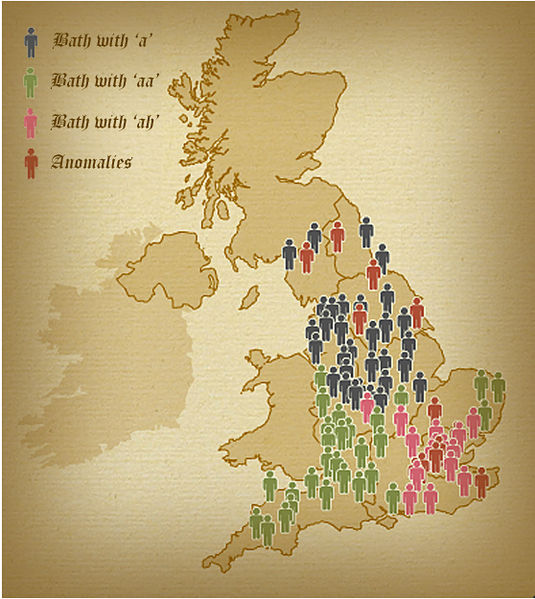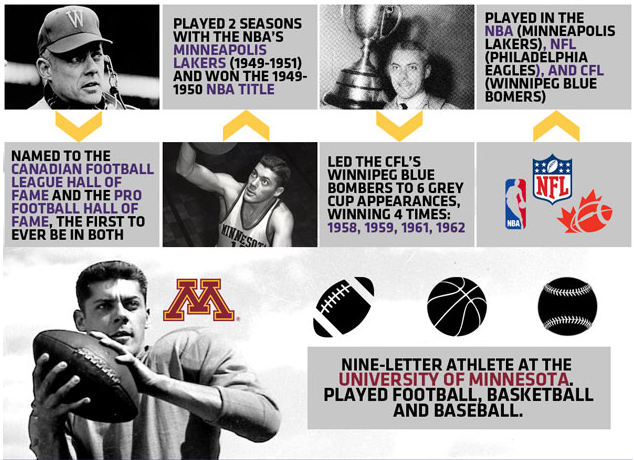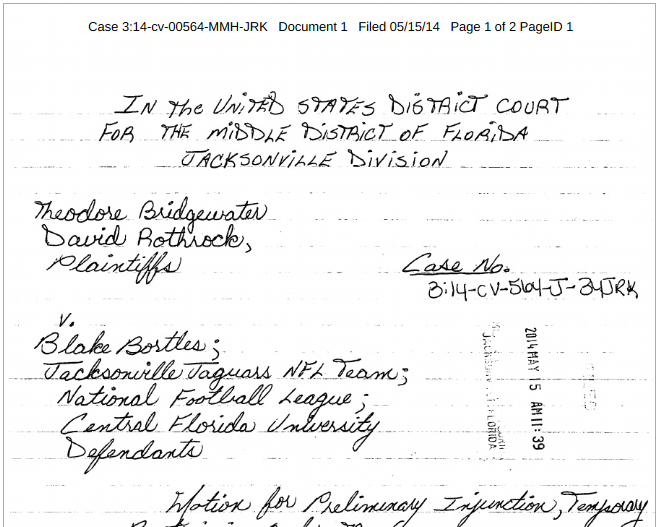I’m a fan of the ongoing BBC series Sherlock starring Martin Freeman and Benedict Cumberbatch (or “Cummerband Bandersnatch” as his name seems to cause the yips in some people). At Firestorm over London there’s a brief discussion of British accents in general, and the specific variants in use among the actors in the show:
An introduction to the rich variety of British accents and an analysis of accents used in Sherlock. I explore the distinctive regional accents and of course the ubiquitous BBC pronunciation, what the accents can tell us about the characters. A short, not too serious guide by someone who has no linguistics expertise.
Islands of Contrast
An accent for the purposes of this essay is a manner of pronunciation that is particular to an individual, community or location.
The British Isles are geographically small but the accents that have evolved are incredibly diverse. I grew up in the North West of England where, even though the motorway links are brilliant, travelling a mere 60 miles or so will completely change the accents that you hear.
The most ubiquitous accent in the UK is BBC pronunciation. It used to be called “Received Pronunciation” but that term has fallen out of favour. If you’ve ever watched BBC News or listened to the English programs on the BBC World Service that is the accent I am referring to. This is not a regional accent — although it is more common in South of England. When people in the UK say that someone doesn’t have an accent, they really mean the person uses BBC pronunciation.
I haven’t been back to visit England in several years, but on my last few visits the number of times I heard RP seemed fewer than any regional accent everywhere we went. Even the BBC News presenters all seemed to have regional accents rather than speaking in RP. I’m originally from Middlesbrough, which boasts one of the least attractive regional accents you’ll ever hear (the closest you’d find would be a Newcastle “Geordie” accent … but less comprehensible). It’s been so long since I lived there that I now have trouble understanding it myself…
Many fans have identified Mycroft Holmes’ accent as “posh”. There is not an official “posh accent” — and even if there was Mycroft Holmes does not have it.
Posh is a very subjective description. Where I grew up anyone who didn’t have a regional accent was “posh”. After coming to University in the South, I have realised that BBC pronunciation is not considered “posh” but “standard”. Posh was defined as the rather over-exaggerated accent people often use to pantomime the rich. There are a small minority of people who have that stereotypical accent but “posh” on its own is not a very good way of describing anyone’s accent.
If we are going to talk about poshness — I believe it’s better to view it as a “gradation of poshness” which is superimposed on BBC pronunciation, rather than a distinct “posh accent”.
BBC pronunciation and the “gradation of poshness” are not good reflectors of social status in today’s society.
Traditionally BBC pronunciation was considered the preserve of the middle classes. It was something that set you apart from the common masses with their regional accents. I wouldn’t say that class has no role in today’s society, but BBC pronunciation itself has become less of a hallmark of class. Many people who would identify themselves as working class do not have a regional accent, whilst the middle-classes are more accepting of regional accents. The BBC has worked hard to introduce presenters with regional accents onto prime time television. Therefore it is hard to judge the social status of a person purely based on how “posh” they sound. Their accent will not always match your expectations of their material circumstances.
[…]
John Watson
John had me rather puzzled but my conclusion is that his accent qualifies as BBC pronunciation but unlike Mycroft or Sherlock, he has not superimposed any of those “upper class” vowels on his pronunciation. For example his “a” vowel sounds are much shorter as evidenced in words such as “pass”. John is a much better presentation of what a great number of people in the UK actually sound like.
Here is an amusing map of how the “a” vowel varies in pronunciation between different geographic areas:

John fits in very much with the blue group. His rendition of the “a” vowel is still correct and technically BBC pronunciation. However it is considered less “posh” than pronouncing the “a” vowel as “ah”.
His rhythm of speech and accentuations within words may contribute to the overall impression that his accent is different to Sherlock’s. This is true because Sherlock doesn’t have exact BBC pronunciation and neither does John. Though they deviate in different ways I would say their accents overall qualify as BBC pronunciation. It is certainly hard to pinpoint a location for the original of John’s accent.
H/T to ESR, who asked about the Sherlock accents on Google+ (the link to Firestorm was provided in the comments to his post).
 On the official Minnesota Vikings page today, an infographic to celebrate former coach Bud Grant’s 87th birthday:
On the official Minnesota Vikings page today, an infographic to celebrate former coach Bud Grant’s 87th birthday:






